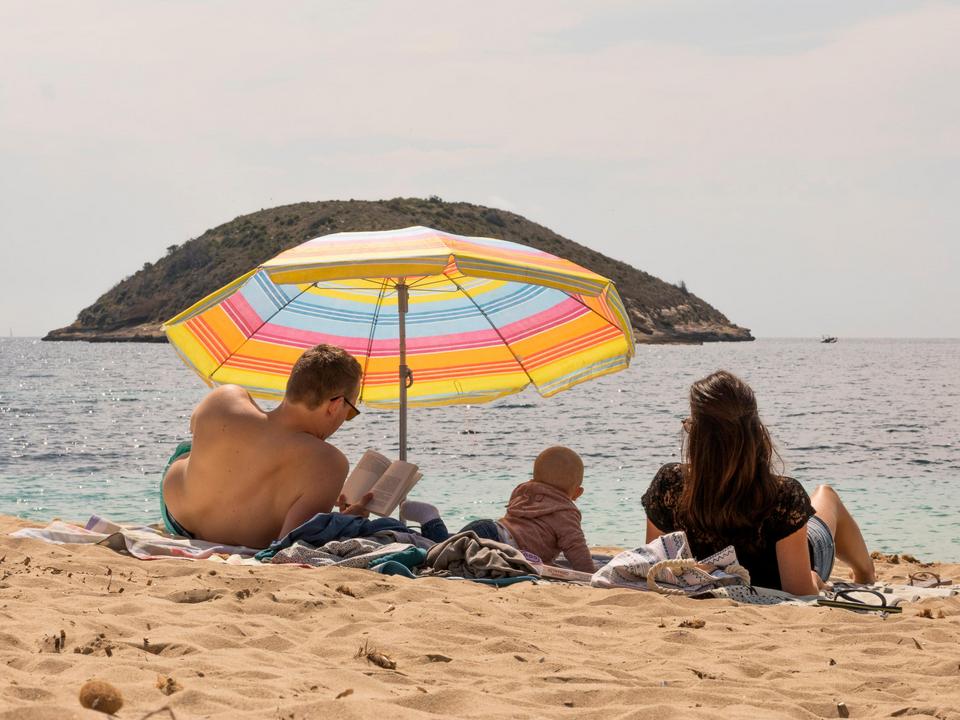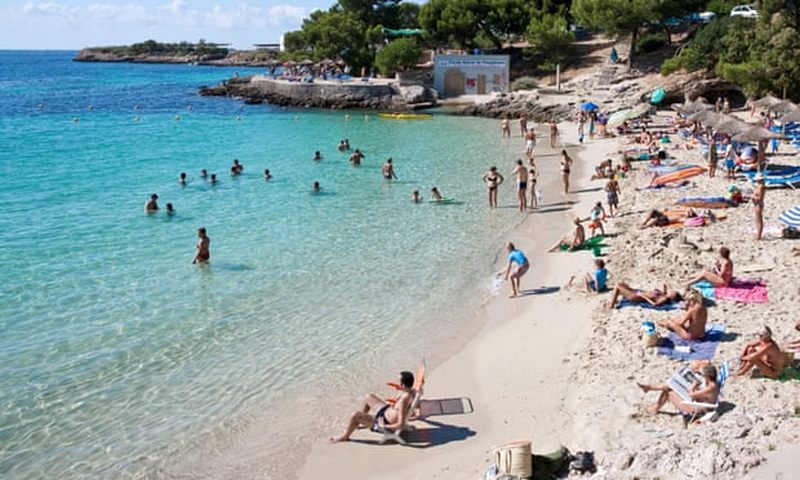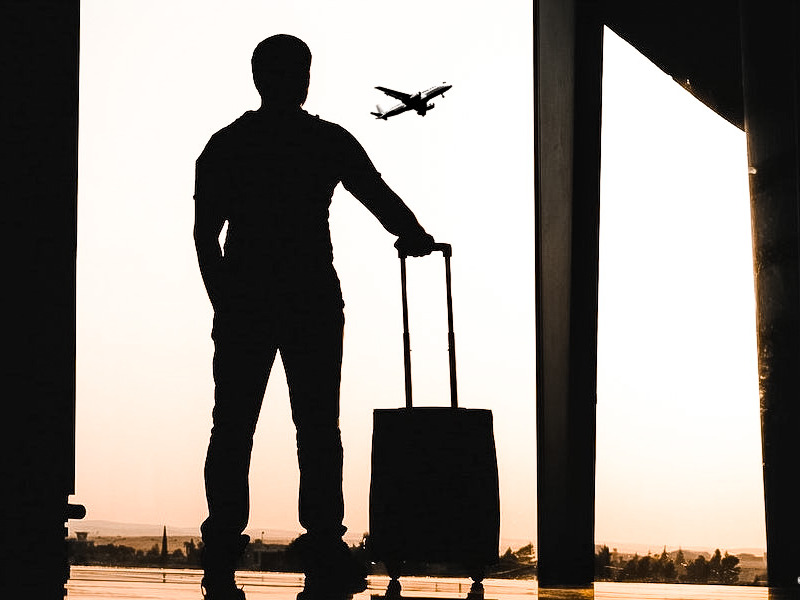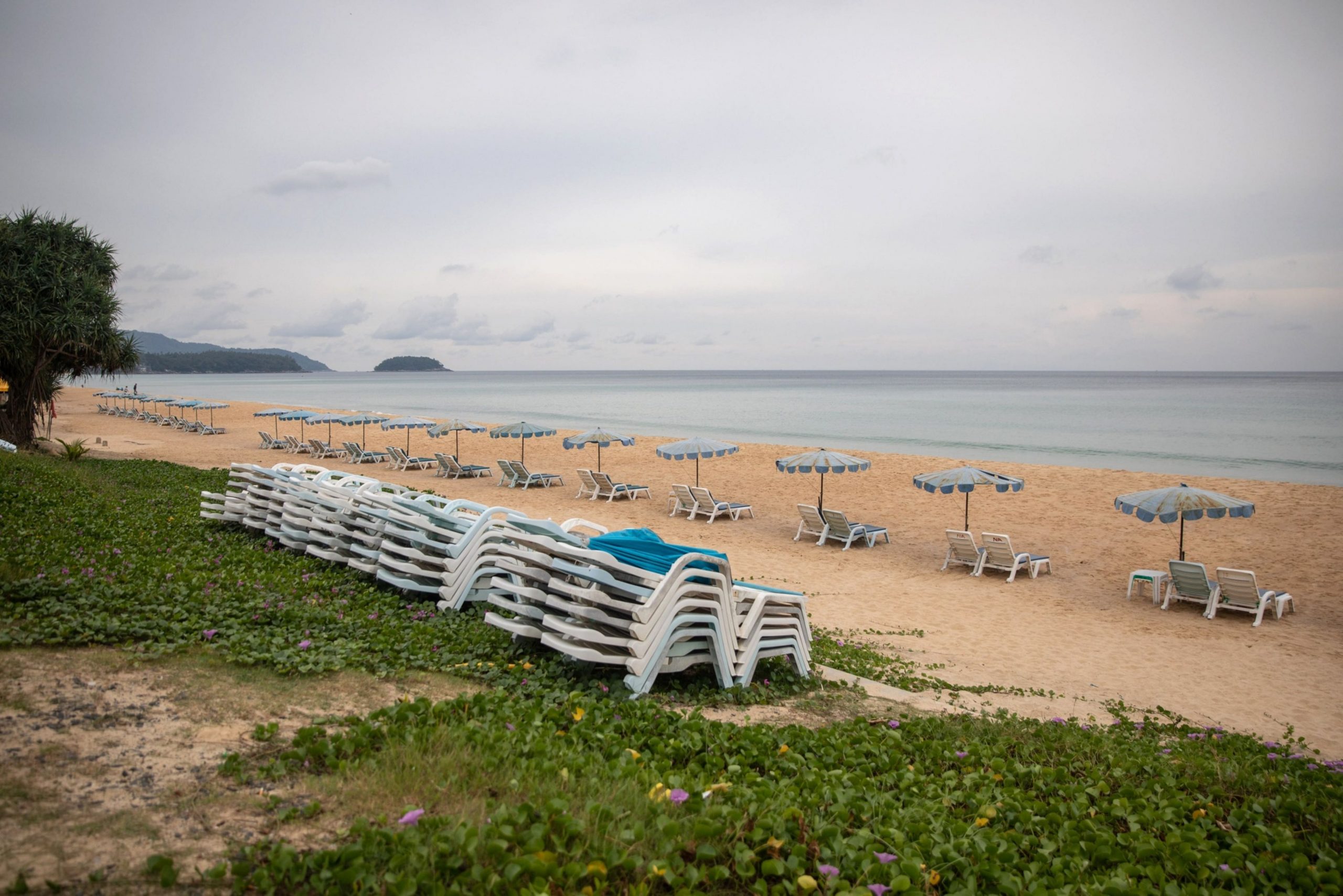
It's now virtually certain that the Phuket Sandbox will commence on July 1.Thus international vacationers won't have to suffer the dreaded hotel quarantine, provided they are fully vaccinated. All being well, Pattaya and several other tourist hotspots can become Sandboxes starting October 1.
The obvious question is who exactly will be the customer base for Sandboxes over the next six months. Of course, travel advice and immigration rules can change overnight these days. But we can assume that neither China nor India – Thailand's biggest leisure customers in recent history – will be sending over their people in droves any time soon. The Chinese government has banned most international travel and all charter flights, whilst India is fighting a huge pandemic outbreak within its own borders.

Thai tourist authorities have stated in recent days that early Sandboxers will be American or European. But the US Center for Disease Control and Prevention is currently advising citizens "to avoid non-essential travel to Thailand as even vaccinated travellers are at risk because of virus variants." Thailand is listed as a level 3 danger zone, next to the highest category because of coronavirus intensity, although Cambodia and the Philippines are both in the worst category 4 list.
The UK meanwhile has a strange traffic lights colour system for all countries in which Thailand is listed as amber. But this means that the government "strongly discourages" vacations in Thailand and requires several Covid tests before and after the return journey, as well as up to 10 days' voluntary quarantine at home. The British are well-known for yawning when being told what to do by their government, but the consequences if amber turns to red might be serious. Brits might lose their holiday insurance for ignoring official advice and have to undergo compulsory hotel quarantine on return at a cost of around two thousand pounds.

The European Union leaves the detail of travel restrictions to individual members, but the Sandbox prospects don't look good. Angela Merkel has said Germans should holiday domestically this year (as last) and advocated a trip to "the North Sea rather than to the South Seas." The French government has said something similar with one minister recently stating, "Distant foreign trips should not be on the cards for the French this year."
Some sources have suggested Israel might be a better bet. Hardly. A government website describes Thailand as "a destination with increasing infection rates and, without a significant reversal, this destination will be categorized as hazardous." Russia, a country of last resort in this context, hasn't said much about Thailand in particular. But all flights from Bangkok to Moscow will be banned from June 10 whilst Thai nationals are not allowed to enter Russia by land, sea or air. Such a policy doesn't sound like a Sandbox panacea.

Thailand has been very bold in its policies to restart international tourism. Neighbors such as Cambodia, Laos, Vietnam and the Philippines have banned all leisure visitors outright. It's certainly possible that Thai government sources know something we don't about the international market out there. One rumour is that Scandinavians from the frozen north are particularly keen to kiss Thai beaches, that is assuming the bars are open.
But many Europeans and Americans are surely wondering whether the veiled threats from their governments and the bureaucracy of satisfying the certificate of entry requirements from the local Thai embassy make a costly trip worth the effort in 2021. It was the hero in Voltaire's novella Candide who said he had travelled the whole world but found his own back garden the best place to relax. Let's hope he doesn't speak for everyone.

























